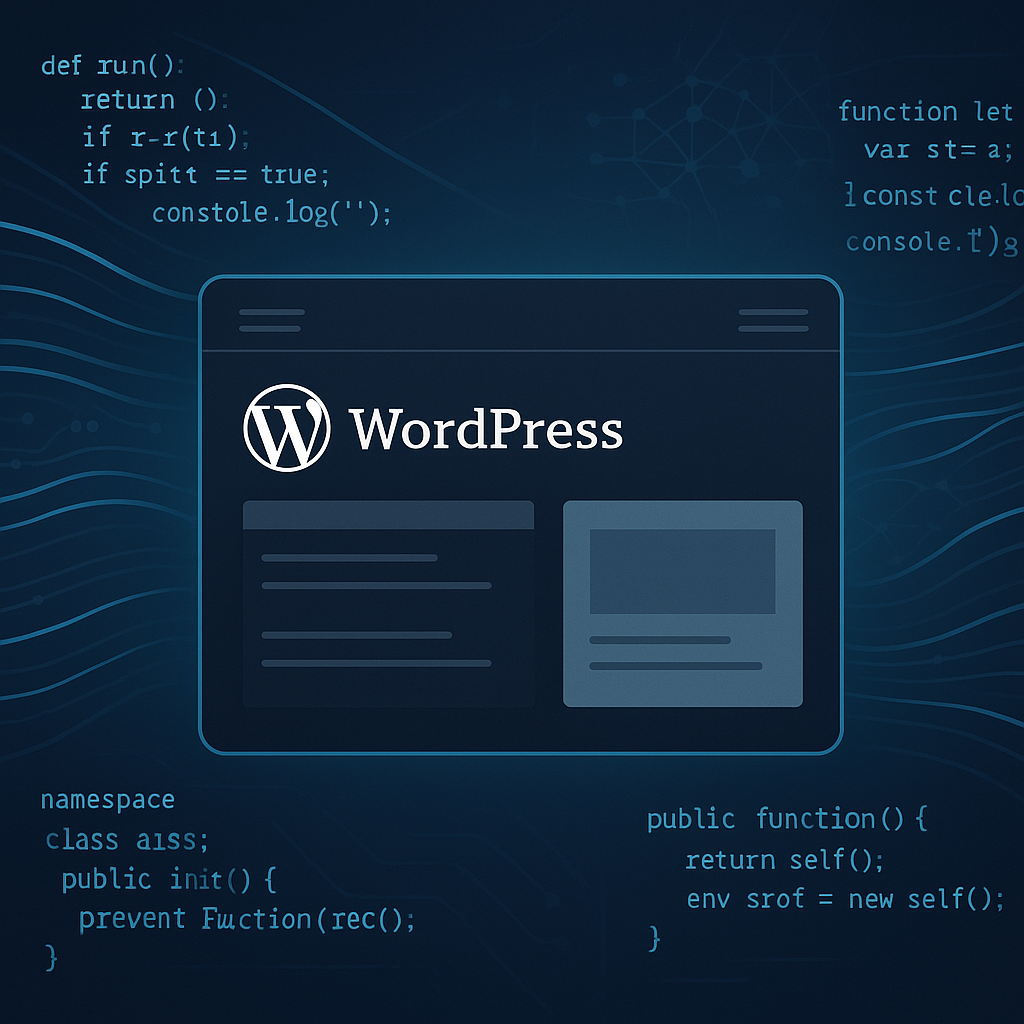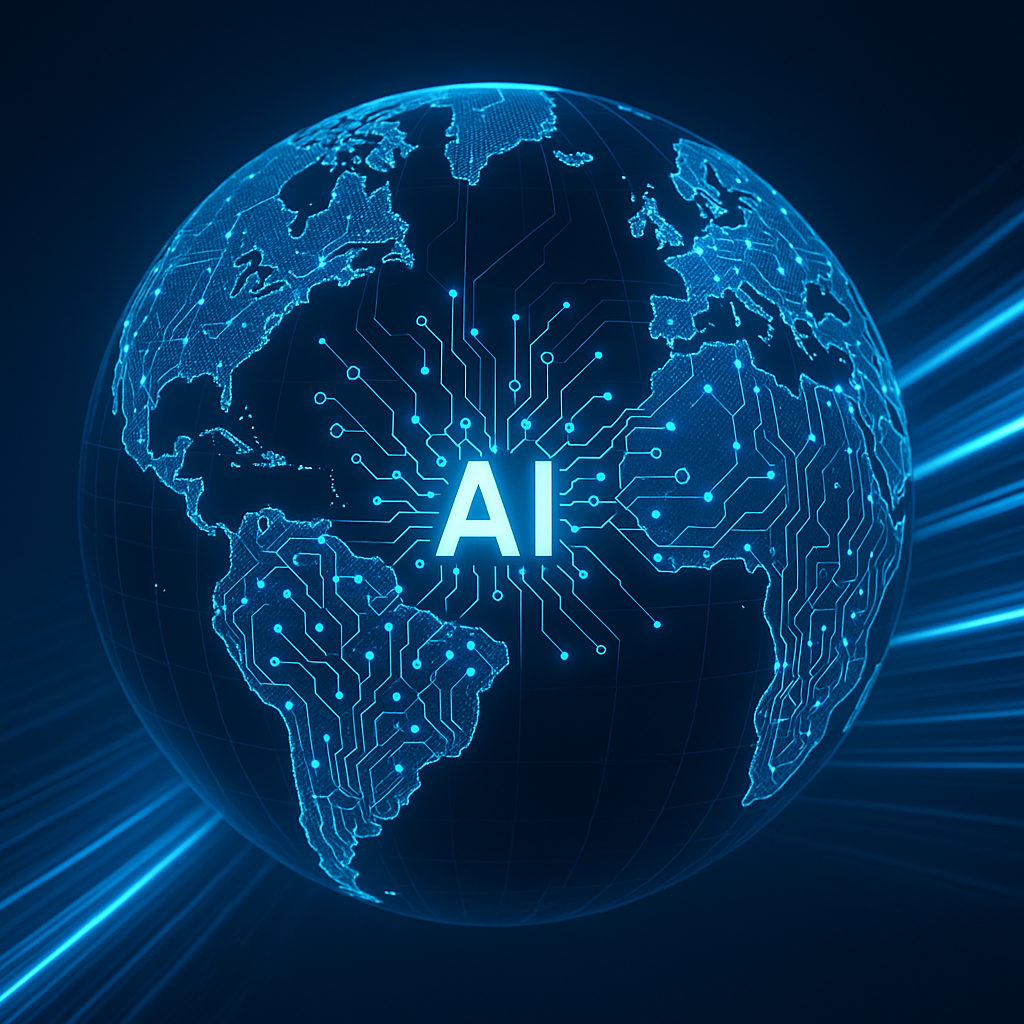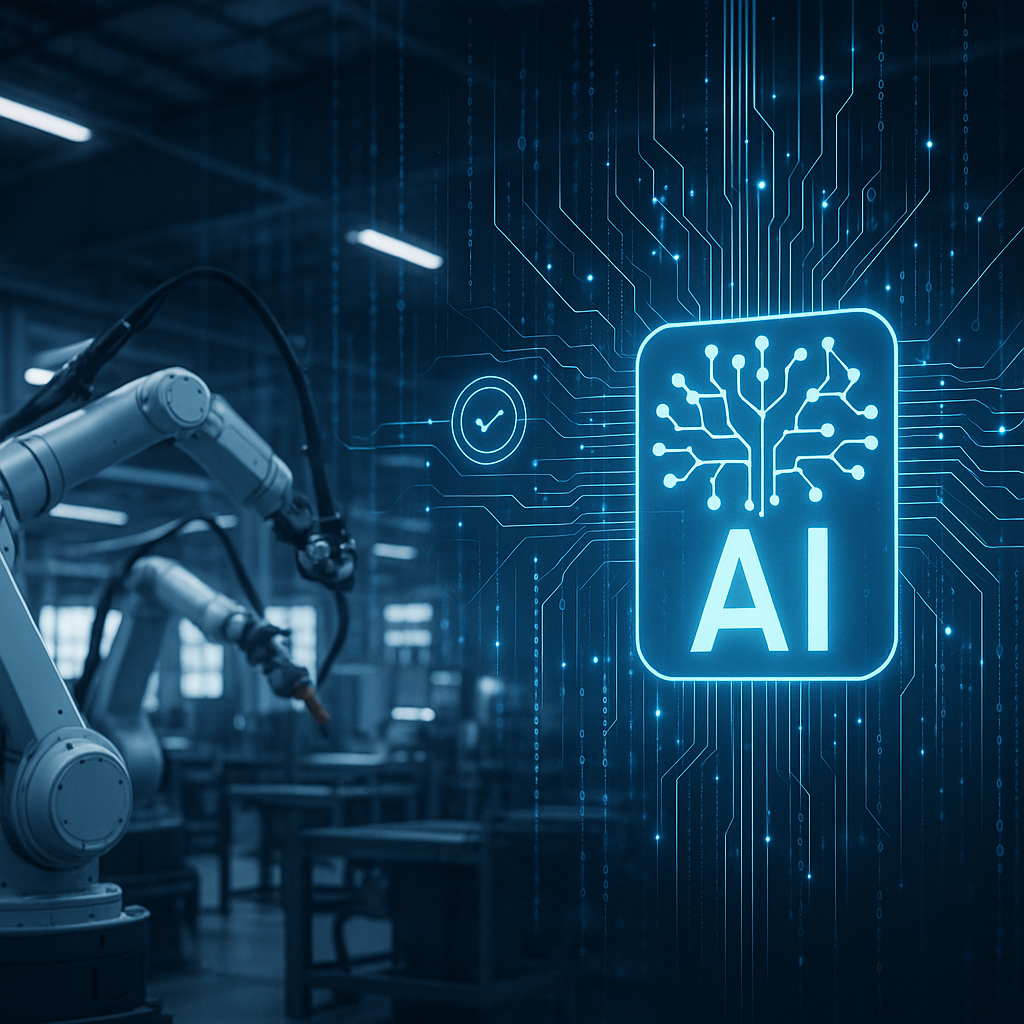
Integrating AI in WordPress: Choosing the Best Languages for Intelligent Websites
Introduction to AI Integration in WordPress
WordPress, as the world’s leading web platform, continues to evolve beyond simple content management. The integration of artificial intelligence (AI) has opened new doors for creating intelligent, adaptive, and highly personalized websites—shedding light on the best language choices powering these advanced capabilities. As of 2025, understanding which programming languages excel for AI in wordpress web development is crucial for professionals aiming to harness AI’s full potential.
Why AI Matters for WordPress Websites
AI-powered WordPress sites provide enhanced user experiences by delivering dynamic content, automating customer interactions, analyzing behavioral data, and optimizing site performance automatically. For instance, AI chatbots improve customer service 24/7, while machine learning algorithms personalize content feeds that boost user engagement significantly.
However, integrating AI into WordPress isn't just about embedding plugins—it requires the right programming languages to build scalable, efficient, and maintainable AI-powered functionalities.
The Best Languages for AI-Powered WordPress Development
WordPress's core is mainly written in PHP, but the AI components often rely on other languages better suited for artificial intelligence computations. Let's examine the top contenders in 2025 for developing AI-driven WordPress websites.
1. Python: The Reigning King of AI
Python remains the best language for AI across sectors, including web development. Its rich ecosystem of AI frameworks—such as TensorFlow, PyTorch, and scikit-learn—enables developers to build sophisticated ML models that can be integrated with WordPress via REST APIs or microservices.
Use Case: A WordPress site can use Python-based AI services for natural language processing to create intelligent chatbots that respond contextually, enhancing customer engagement seamlessly.
2. JavaScript (Node.js): Bringing AI to the Front End
JavaScript is indispensable for WordPress web development, especially for client-side interactions. With Node.js and libraries like Brain.js and TensorFlow.js, AI models can be executed directly in the browser or on the server without switching languages.
Use Case: Implementing real-time AI-driven personalization that adjusts the website layout or content dynamically as visitors interact, all using JavaScript integrated with WordPress’s themes and plugins.
3. PHP: The Backbone of WordPress with AI Extensions
While PHP is not traditionally an AI language, recent advancements have brought AI libraries to PHP, allowing for basic machine learning and rule-based AI directly within WordPress plugins. Given PHP’s deep integration with WordPress, developers sometimes leverage it for simpler AI tasks and to orchestrate calls to more advanced AI services.
Use Case: PHP can be used to implement AI-powered spam detection on WordPress comment sections or optimize database queries with AI algorithms for better performance.
4. R: Specialized for Statistical AI and Data Analysis
R excels in statistical modeling and is harnessed for AI analytics rather than real-time web interaction. While not traditionally embedded within WordPress, R can work behind the scenes via APIs to analyze user data that informs AI personalization strategies on WordPress sites.
Use Case: A WordPress e-commerce store might use R scripts to analyze customer purchase patterns and feed insights to customize product recommendations dynamically.
5. Java: Enterprise-Grade AI in WordPress Ecosystems
Java remains powerful for robust ai applications and large-scale integrations. Some WordPress deployments in enterprise contexts interface Java-based AI services for advanced natural language understanding and predictive analytics.
Use Case: Using Java-based AI microservices integrated with WordPress sites in banking or healthcare sectors, where secure and scalable AI solutions meet regulatory standards.
Integrating AI Languages with WordPress Web Technologies
Effective AI integration in WordPress requires combining these languages strategically:
- API-Driven Architecture: Python or Java AI models run as services accessed by WordPress through RESTful APIs written in PHP or JavaScript.
- JavaScript Frontend AI: Client-side AI capabilities enhance interactivity without server latency.
- Plugin Development: PHP is used to bind AI services into WordPress’s plugin ecosystem smoothly.
This layered approach ensures the best language is applied where its strengths matter most, creating intelligent and performant WordPress websites.
Real-World Examples of AI Languages in WordPress
Many forward-thinking WordPress sites in 2025 demonstrate AI synergy with programming languages:
- Personalized Content Engines: Python-based ML models recommend articles based on reading history, integrated through PHP plugins.
- AI Chatbots: JavaScript-based chatbots use NLP models served by backend Python APIs for instant, contextual support.
- AI-Assisted SEO Optimization: PHP scripts analyze content and call AI-powered APIs to suggest SEO improvements in real-time.
Future Trends: Evolving Programming Languages for AI in WordPress
As AI advances in 2025 and beyond, we see emerging trends:
- Increased use of JavaScript AI libraries to bring machine intelligence directly to user browsers.
- Greater adoption of low-code and no-code AI platforms integrated with WordPress to empower non-developers.
- More seamless multi-language AI ecosystems, where AI services powered by Python, R, or Java function transparently with PHP-based WordPress cores.
- Advancements in AI compilers and runtimes enabling traditionally AI-heavy languages to be efficiently deployed in web stacks.
Conclusion
Integrating artificial intelligence into WordPress websites isn't limited to a single programming language. Instead, it is a dynamic, multi-language ecosystem combining PHP, Python, JavaScript, and other languages to deliver intelligent, responsive, and personalized web experiences. Each language brings unique strengths, and their combined use in 2025 empowers developers to create truly smart WordPress web platforms. Navigating this landscape with an understanding of the best language for AI applications ensures WordPress sites remain at the forefront of digital innovation, enhancing both user engagement and operational efficiency.







